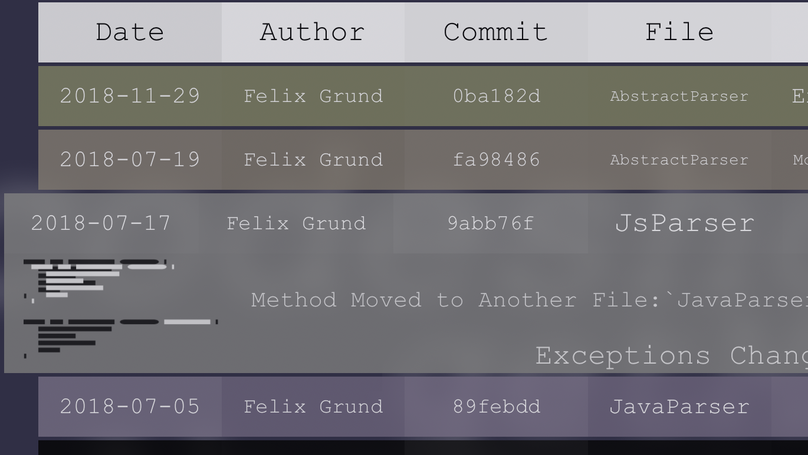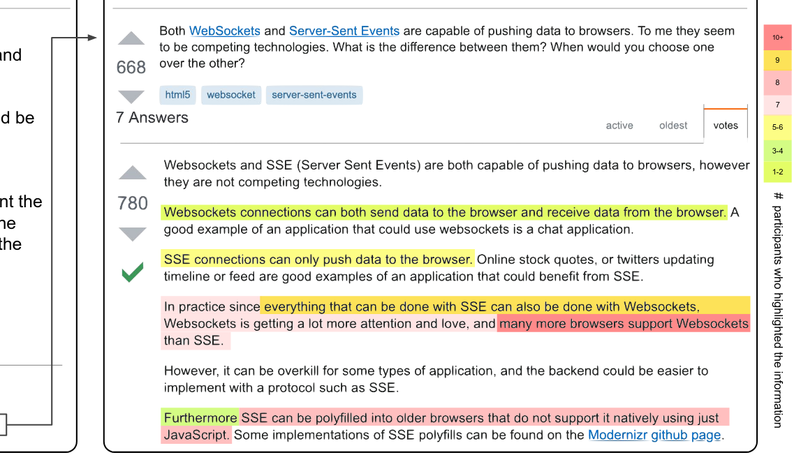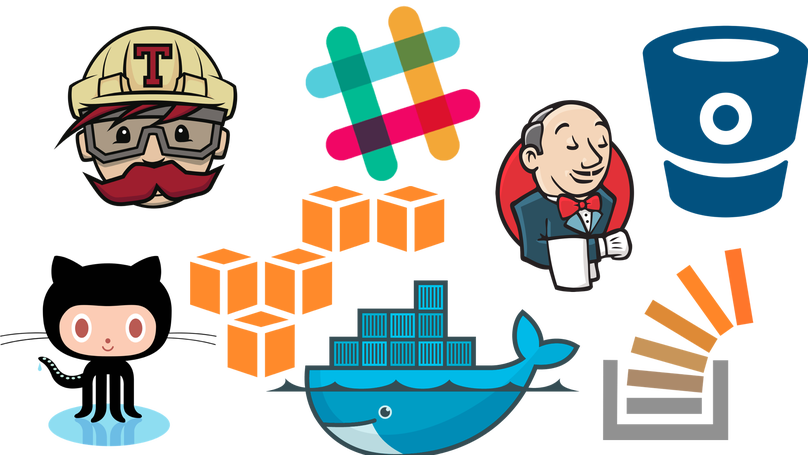Nick Bradley
Computer Science PhD Student (Software Engineering)
The University of British Columbia
Software Practices Lab
Biography
I am a software engineering graduate student in the computer science department at The University of British Columbia. My research interests center on human aspects of software development and include developer productivity, developer-tool interaction, and workflow automation.
- Human Aspects of SE
- Developer Workflows and Automation
- Development Operations (DevOps)
-
MSc in Computer Science, 2018
The University of British Columbia
-
BSc Honours in Math & Stats, 2013
Queen's University
-
BSc in Computer Science, 2013
Queen's University
Featured Publications

Source code histories are commonly used by developers and researchers to reason about how software evolves. Through a survey with 42 professional software developers, we learned that developers face significant mismatches between the output provided by developers' existing tools for examining source code histories and what they need to successfully complete their historical analysis tasks. To address these shortcomings, we propose CodeShovel, a tool for uncovering method histories that quickly produces complete and accurate change histories for 90% methods (including 97% of all method changes) outperforming leading tools from both research (e.g, FinerGit) and practice (e.g., IntelliJ / git log). CodeShovel helps developers to navigate the entire history of source code methods so they can better understand how the method evolved. A field study on industrial code bases with 16 industrial developers confirmed our empirical findings of CodeShovel’s correctness, low runtime overheads, and additionally showed that the approach can be useful for a wide range of industrial development tasks.

To complete a software development task, a software developer often consults artifacts which mostly consist of natural language text, such as API documentation, bug reports, and Q&A forums. Not all information within these artifacts is relevant to a developer’s current task, forcing them to filter through large amounts of irrelevant information, a frustrating and time-consuming activity. Since failing to locate relevant information may lead developers to incorrect or incomplete solutions, many approaches attempt to automatically extract relevant information from natural language artifacts. However, existing approaches are able to identify relevant text only for certain types of tasks and artifacts. To explore how these limitations could be relaxed, we conducted a controlled experiment in which we asked 20 software developers to examine 20 natural language artifacts consisting of 1,874 sentences and highlight the text they considered relevant to six software development tasks. Although the 2,463 distinct highlights participants created indicate variability in the perceived relevance of the text, the information considered key to completing the tasks was consistent. We observe consistency in the text using frame semantics, an approach that captures the key meaning of sentences, suggesting that frame semantics can be used in the future to automatically identify task-relevant information in natural language artifacts.

Building and maintaining modern software systems requires developers to perform a variety of tasks that span various tools and information sources. The crosscutting nature of these development tasks requires developers to maintain complex mental models and forces them (a) to manually split their high-level tasks into low-level commands that are supported by the various tools, and (b) to (re)establish their current context in each tool. In this paper we present Devy, a Conversational Developer Assistant (CDA) that enables developers to focus on their high-level development tasks. Devy reduces the number of manual, often complex, low-level commands that developers need to perform, freeing them to focus on their high-level tasks. Specifically, Devy infers high-level intent from developer’s voice commands and combines this with an automatically-generated context model to determine appropriate workflows for invoking lowlevel tool actions; where needed, Devy can also prompt the developer for additional information. Through a mixed methods evaluation with 21 industrial developers, we found that Devy provided an intuitive interface that was able to support many development tasks while helping developers stay focused within their development environment. While industrial developers were largely supportive of the automation Devy enabled, they also provided insights into several other tasks and workflows CDAs could support to enable them to better focus on the important parts of their development tasks.
Recent Publications
Contact
- ncbrad@cs.ubc.ca
- ICICS Computer Science Building, 2366 Main Mall, Vancouver, BC V6T 1Z4
- DM Me